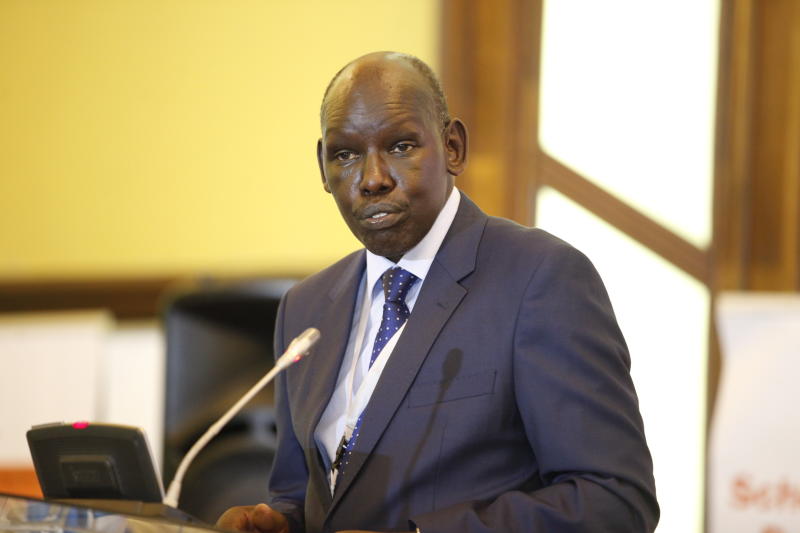×
The Standard e-Paper
Fearless, Trusted News

Some 18,000 candidates from marginalised areas who sat the just ended KCPE examination will benefit from full scholarships.
The government, through a scholarship, will benefit the candidates who sat the examination from 110 sub-counties in 30 counties.